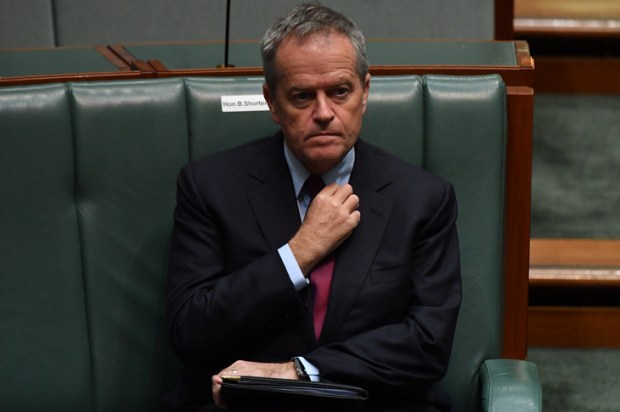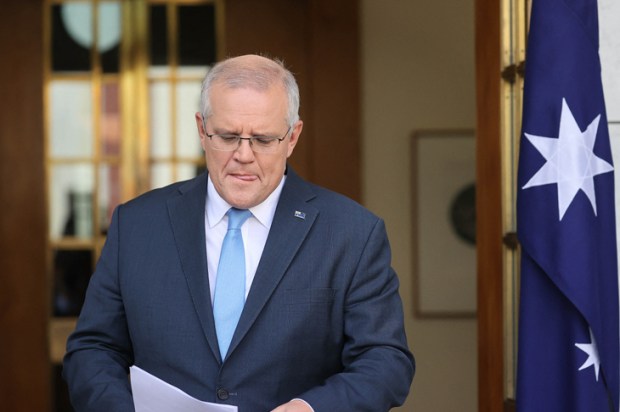Centrelink – as everyone in Australia knows – shat the bed last month, leaving the government (and particularly Christian Porter) wrapped in a giant omelette.
Even outlets that traditionally take a hard line against ‘dole bludgers’ – like A Current Affair – recognised the stupendous scale of the cockup.
What was less well publicised is the extent to which hubristic faith in data matching and technology has become a substitute for good governance in both the public and private sector.
Already a subscriber? Log in
Subscribe for just $2 a week
Try a month of The Spectator Australia absolutely free and without commitment. Not only that but – if you choose to continue – you’ll pay just $2 a week for your first year.
- Unlimited access to spectator.com.au and app
- The weekly edition on the Spectator Australia app
- Spectator podcasts and newsletters
- Full access to spectator.co.uk
Or














Comments
Don't miss out
Join the conversation with other Spectator Australia readers. Subscribe to leave a comment.
SUBSCRIBEAlready a subscriber? Log in